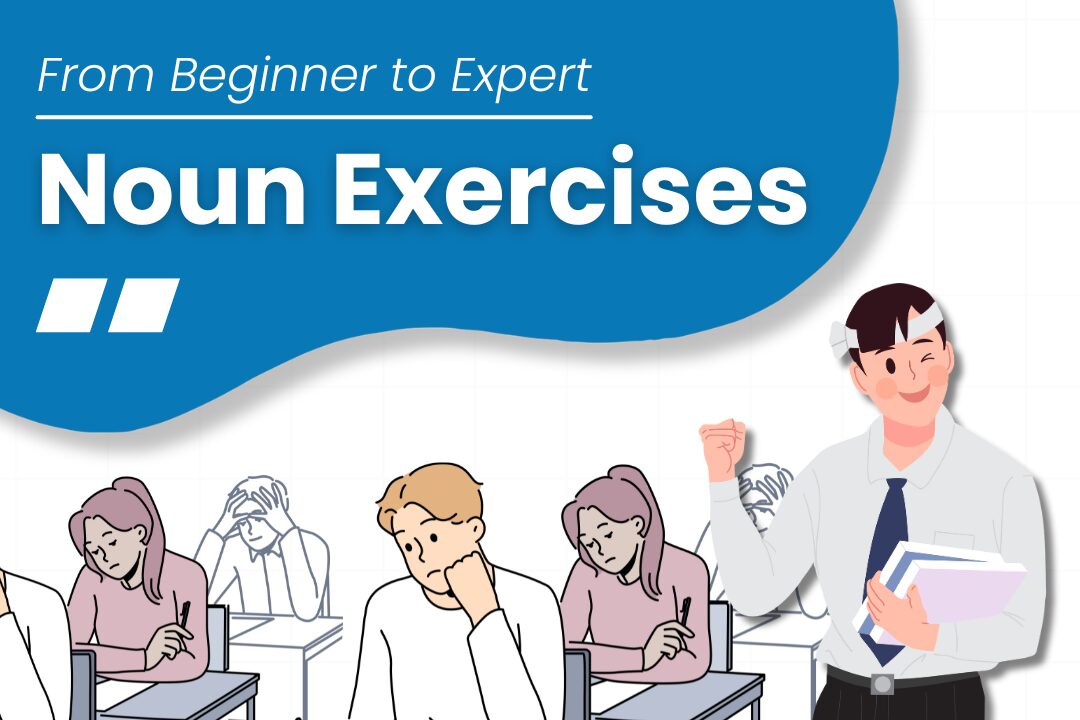
Do you need help writing a good speech? We’re here to help.
Before we get into how to write a good speech, let’s get a few things straight.
What is Speech?
What exactly is speech? It’s the act of expressing your ideas on a specific topic. It can also mean simply expressing your feelings in front of people.
How Do You Write a Good Speech?
Different situations call for different types of speech. However, there are a few things you should keep in mind and stick to no matter what topic you’re talking about.
Now that we have understood what speech is and how to write a good one let’s get started on the list of speech topics.
50 Amazing English Speech Topics for 10th Class Students
- Social Media: Bane or Boon?
- Pros and Cons of Online Learning
- Environment Conservation
- The Best Lesson I have Learned
- How to Tackle a Bad Habit
- Why should every citizen vote?
- Fear of Missing Out (FOMO)
- Importance of Reading
- Importance of Books in Our Life
- My Favorite Fictional Character
- How to Prepare a Child for Nursery Admission?
- Introverts vs Extroverts
- Importance of KindnessThings I learned in Lockdown
- Should school curriculum have art?
- Life before and after technology
- Impact of technology on our health
- Hard Work vs Smart Work
- What Makes Learning Fun?
- The Importance of AI in Education
- Importance of Extracurricular Activities
- How to tackle Bullying in Schools?
- Reason for Seeking Admission in School
- Is it beneficial to learn a Second Language?
- Depletion of Ozone Layer
- Global Warming
- Waste Management
- Water-Saving Techniques
- Efficiency of Recycling
- Banning of Animal Testing
- Hazards of Smoking in Public Places
- Proper Care of Street Animals
- Rs: Recycle, Reuse, Reduce
- Benefits of Montessori Education
- Education of Girl Child
- Unemployment
- Corruption
- Child Labour
- Importance of Right to Education
- Child Trafficking
- How to speak confidently in public?
- Do exam results alone determine a child’s worth?
- Which age is proper to own a mobile phone?
- How to Find a Good Preschool?
- How to overcome exam fever?
- What is better: Remote learning or Hands-on Learning?
- Are smart classes beneficial to students?
- This generation cannot fix anything
- Boredom always leads to trouble
- Are plastic bags worse than paper bags?
- The best source of energy for India
Tips for Writing and Delivering a Speech
Research Your Topic Thoroughly
- Use reliable sources of information, such as books, articles, websites, or videos, to gather facts, statistics, examples, and quotes that support your main points.
- Cite your sources properly and avoid plagiarism.
Organize Your Speech Logically
- Use a clear and coherent structure that consists of an introduction, a body, and a conclusion.
- In the introduction, state your topic, purpose, and thesis statement. In the body, develop your main points with supporting details.
- In the conclusion, summarize your main points and restate your thesis statement.
Use Appropriate Language and Style
- Choose words and phrases that suit your topic, audience, and purpose.
- Use simple and clear sentences that convey your meaning effectively.
- Avoid jargon, slang, or idioms that may confuse or offend your listeners.
- Use transitions to connect your ideas and create a smooth flow.
- Use rhetorical devices, such as repetition, contrast, analogy, or humor, to make your speech more interesting and persuasive.
Practice Your Speech Aloud
- Rehearse your speech several times before the actual presentation.
- Use a timer to check the length of your speech and adjust it if necessary.
- Record yourself or ask someone to listen to you and give you feedback.
- Pay attention to your pronunciation, intonation, stress, and pauses.
- Improve your voice quality by speaking loudly and clearly.
Deliver Your Speech Effectively
- On the day of the presentation, dress appropriately and arrive early.
- Relax and breathe deeply before you start.
- Make eye contact with your audience and smile.
- Use gestures and body language to enhance your message.
- Speak at a moderate pace and vary your tone and pitch.
- Engage your audience by asking questions or inviting comments.
- Thank them for their attention at the end.
Common Mistakes in English Speeches
Mixing up “lend” and “borrow.” These verbs have opposite meanings: “lend” means to give something temporarily to someone else; “borrow” means to take something temporarily from someone else.
Example-1:
- Can you lend me your pen? (correct)
- Can you borrow me your pen? (incorrect)
Confusing “me too” and “me either.” These expressions are used to agree with someone else’s statement: “me too” is used for positive statements; “me either” is used for negative statements.
Example-2:
- I like pizza. Me too! (correct)
- I don’t like pizza. Me either! (correct)
- I like pizza. Me either! (incorrect)
- I don’t like pizza. Me too! (incorrect)
Saying, “I have 20 years old” instead of “I am 20 years old”. In English, we use the verb “be” to talk about age; we don’t use the verb “have.”
Example-3:
- How old are you? I am 20 years old. (correct)
- How old are you? I have 20 years old. (incorrect)
Using Double Negatives
A double negative is when you use two negative words in the same sentence; this can make the sentence unclear or change its meaning.
For Example:
- I don’t have nothing to say. (incorrect)
- I don’t have anything to say. (correct)
- I have nothing to say. (correct)
Misplacing Modifiers
A modifier is a word or phrase that adds information or description to another word or phrase; it should be placed as close as possible to the word or phrase it modifies; otherwise, it can cause confusion or ambiguity.
For Example:
- He saw a dog walking down the street with a red collar. (incorrect; it sounds like the person was walking with a red collar.)
- He saw a dog with a red collar walking down the street. (correct)
These are some of the common mistakes that English speakers make; however, there are many more that you should be aware of and avoid.
Conclusion
To conclude, these are some of the amazing English speech topics for 10th class students that can help them improve their communication skills, critical thinking, and general knowledge. Whether you are preparing for a speech competition, a class presentation, or an extempore, you can choose any of these topics that suit your interest and purpose. Remember to research your topic well, organize your ideas clearly, and deliver your speech confidently. Happy speaking!








